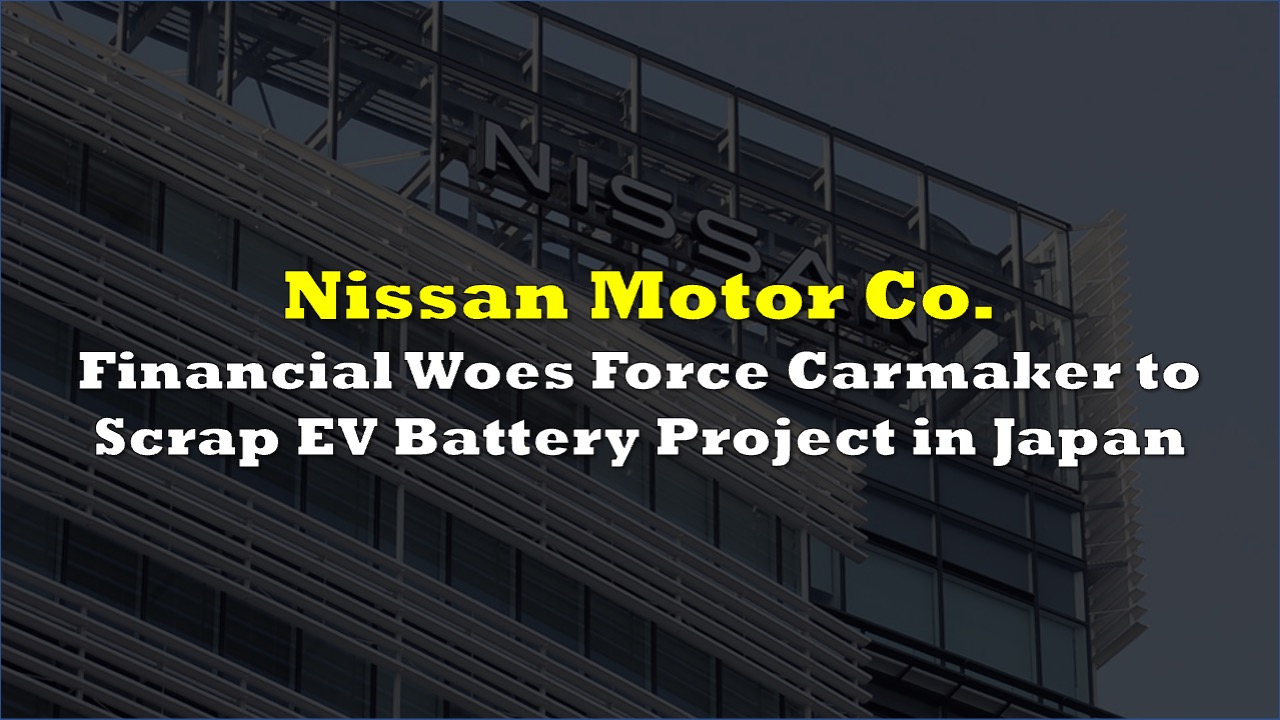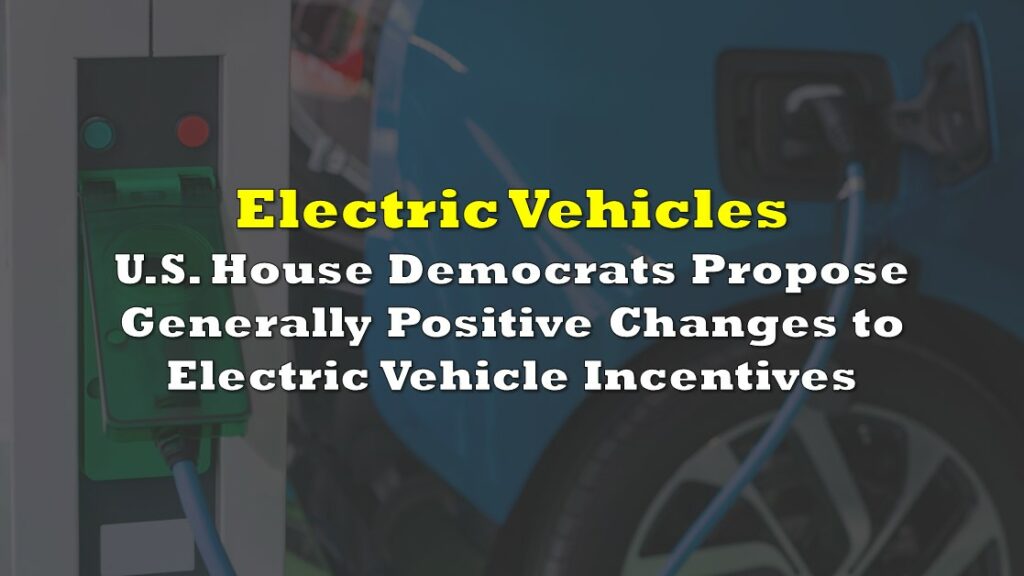Nissan Motor Co. has scrapped plans for a $1 billion electric vehicle battery plant in Japan as the automaker scrambles to address mounting financial pressures.
The facility, which received government approval last September, was expected to produce lithium-iron phosphate batteries for Nissan’s mini vehicles or kei cars starting in 2028. Company officials said the plant would have reduced battery costs by up to 30%.
Nissan was slated to receive approximately $384 million in government support for the project as part of Japan’s efforts to build domestic supply chains.
The decision comes as Nissan forecasts a net loss of $5.2 billion for the fiscal year ending March 2025, citing weak sales in key markets including China and North America.
In response to these challenges, the automaker announced plans to cut about 20,000 jobs globally, representing roughly 15% of its workforce — more than double its previous reduction target of 9,000 positions.
The company has also decided not to release its earnings estimates for the current year through March 2026.
Related: Ford Pulls 2025 Outlook as Auto Tariffs Expected to Slash Profits
Despite abandoning the battery plant, Nissan will launch its redesigned LEAF electric vehicle in North American markets later this year. The new model abandons the hatchback design for a crossover profile and will include compatibility with Tesla’s charging network.
Meanwhile, Chinese automaker BYD is preparing to enter the Japanese market next year with its first ‘kei car-style EV.
Information for this story was found via the sources and companies mentioned. The author has no securities or affiliations related to the organizations discussed. Not a recommendation to buy or sell. Always do additional research and consult a professional before purchasing a security. The author holds no licenses.









